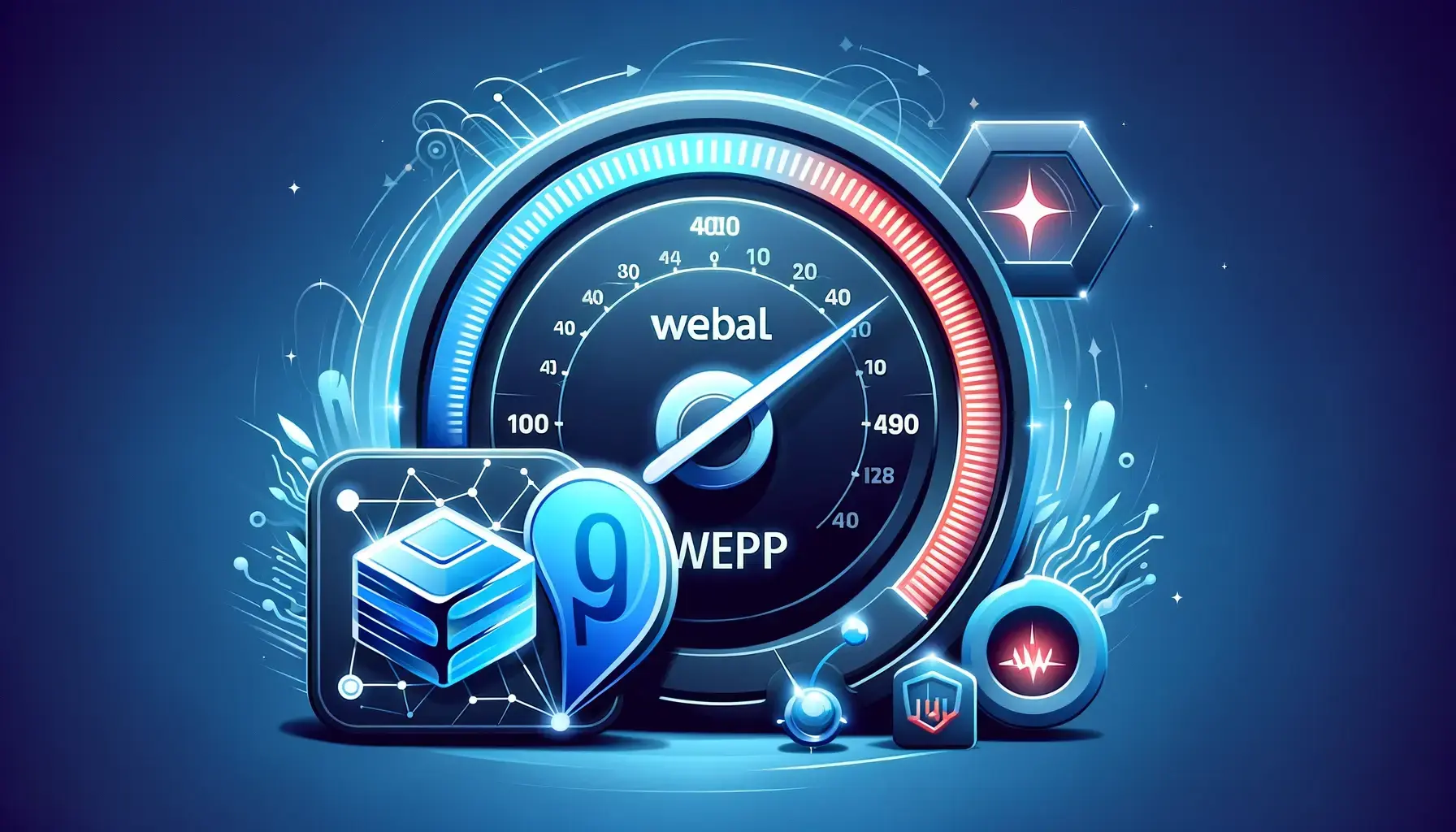
Glossary of SEO terms
Sections
- What does Position mean?
- What are Impressions?
- What are Clicks?
- What does CTR mean?
- What are Keywords?
- What are Long-Tail-Keywords?
- What are Pages?
- What does On-Page SEO mean?
- What is Off-Page SEO?
- What are Backlinks?
- What is Domain Authority?
- What is Topical Authority?
- What is the Opportunity Score (OS)?
- What is an SERP?
- What is a Sitemap?
- What is Technical SEO?
- What is the Google Search Console?
- What is Google Lighthouse?
- What is Google Analytics?
- What are Google Core Updates?
#What does Position mean?
Position in SEO refers to the rank of a webpage on search engine results pages (SERPs). A position of 1 means your page appears first for a specific search query. Lower numbers are better, as they indicate higher visibility to users.
#What are Impressions?
Impressions measure how often your webpage appears in search results viewed by users, regardless of whether it was clicked or not. It gives you an idea of how visible your page is in search engines for specific queries.
#What are Clicks?
Clicks are counted every time a user actually clicks on your search result link and visits your website. This metric helps you understand how appealing your site’s listing is to searchers.
#What does CTR mean?
CTR is a metric that measures the percentage of impressions that resulted in a click. It is calculated by dividing the number of clicks by the number of impressions, then multiplying by 100. A higher CTR indicates that a webpage is effectively capturing the interest of users who see it in search results.
#What are Keywords?
Keywords are words or phrases that users enter into search engines to find information. In SEO, these are the terms you optimize a webpage around in hopes of ranking well when those terms are searched.
#What are Long-Tail-Keywords?
Long-tail keywords are longer and more specific keyword phrases that visitors are more likely to use when they’re closer to making a purchase or when using voice search. They are usually less competitive than shorter, more common “head” keywords.
#What are Pages?
In SEO, pages refer to the individual webpages that make up a website. Each page can be optimized for specific keywords to attract traffic from search engines.
#What does On-Page SEO mean?
On-page SEO involves optimizing elements on your website that affect your search engine rankings. This includes content quality and relevance, use of keywords, headers, meta tags, images, user experience, and more.
#What is Off-Page SEO?
Off-page SEO refers to actions taken outside of your own website to impact your rankings within search engine results. This primarily involves building backlinks but can also include social media marketing, guest blogging, and other tactics.
#What are Backlinks?
Backlinks are links from one website to a page on another website. Google and other search engines consider backlinks as votes for a specific page, with pages having a high number of quality backlinks tending to have high organic search engine rankings.
#What is Domain Authority?
Domain Authority (DA) is a search engine ranking score developed by Moz that predicts how likely a website is to rank on search engine result pages (SERPs). DA scores range from one to 100, with higher scores corresponding to a greater ability to rank.
#What is Topical Authority?
Topical authority refers to a website’s perceived expertise in a specific niche or subject area, based on the depth and breadth of information it offers on those topics. Websites with strong topical authority are often seen as more credible and reliable, leading to better SEO performance.

How Topical Authority can elevate your Google rankings. Learn to harness longtail keywords and build evergreen content to stand out in saturated markets.
#What is the Opportunity Score (OS)?
The Opportunity Score is a metric that indicates the potential of a webpage based on its current performance to achieve quick SEO successes. It prioritizes pages that receive many impressions and clicks but are not optimally placed in search results.

The "Opportunity Score" from Search Analytics helps identify web pages with high SEO potential. This score evaluates pages that receive many impressions and clicks but are not yet top-ranked.
#What is an SERP?
The page displayed by a search engine in response to a user’s search query, featuring both organic and paid results.
#What is a Sitemap?
A file where you provide information about the pages, videos, and other files on your site, and the relationships between them. Search engines read this file to more intelligently crawl your site.
#What is Technical SEO?
Technical SEO refers to the process of optimizing the infrastructure of a website so that search engines can crawl and index it more effectively. This area of SEO focuses on improving the technical aspects of a site, including site architecture, URL structure, sitemaps, page speed, mobile responsiveness, SSL security, and structured data markup.
#What is the Google Search Console?
Google Search Console (or GSC) is a free service offered by Google that helps you monitor, maintain, and troubleshoot your site’s presence in Google Search results.

How "Search Analytics", based on Google Search Console data, simplifies your SEO. Free during the beta phase! Optimize your web presence effectively now.
#What is Google Lighthouse?
Google Lighthouse is an open-source, automated tool developed by Google to help developers and webmasters optimize their websites. It provides audits for performance, accessibility, progressive web apps, SEO, and more. It offers suggestions on how improvements can be made. This tool is particularly useful for understanding how a website performs under various conditions and making it as efficient and accessible as possible.

Boost your Laravel site's Lighthouse score! Discover easy steps like GZIP compression, WebP images, and smart caching. Dive into our practical guide now!
#What is Google Analytics?
Google Analytics (or GA) is a free web analytics service offered by Google that tracks and reports website traffic.

The science of SEO: Boost your site’s visibility and outsmart competition with our expert tips on Google ranking strategies.
#What are Google Core Updates?
Google Core Updates are significant changes to Google’s search engine algorithms aimed at improving the quality and relevance of search results. These updates affect how websites are assessed and ranked in search results to provide users with more useful and accurate information.


